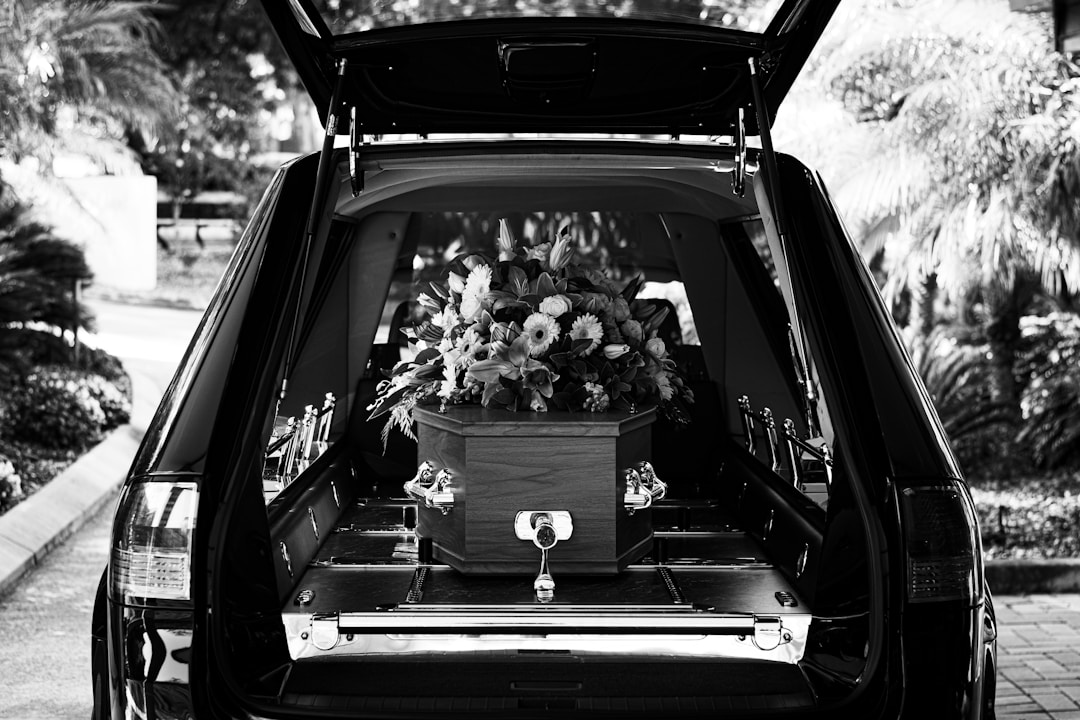A Guide To Arranging a Funeral
When a loved one passes away, arranging their funeral is one of the most personal and profound tasks a person can undertake. It involves decisions that honor the deceased’s life and preferences, while also providing closure for the bereaved. The process can be complex and often occurs during a time of emotional stress. Navigating the intricacies of funeral planning requires understanding, care, and sometimes guidance. Below, we outline key steps to help you through arranging a meaningful funeral.
Understanding the Basics of Funeral Planning

The first step in funeral planning is understanding what’s involved. Fundamentally, a funeral serves two purposes: it honors the life of the deceased and offers grieving friends and family a chance to say their final goodbyes. A traditional funeral includes a viewing or visitation, a formal funeral service, and the burial or cremation of the body. However, customs vary widely among cultures and individual preferences, so understanding the wishes of the deceased is paramount.
When starting the planning process, it is beneficial to check if the deceased left behind any pre-arranged funeral plans or wishes. This includes determining whether they wanted a more traditional burial or preferred cremation, as each option has different logistical and financial considerations. Knowing their preferences can be a helpful guide and may relieve some of the decision-making burdens during a difficult time.
Gathering the necessary documents is also an essential part of the process. This includes a death certificate, any end-of-life documents, and potentially military discharge papers if the deceased was a veteran and eligible for military honors. These documents are often required to make arrangements with funeral homes and to process any legal matters.
Managing Costs and Legal Considerations for Funerals
Managing funeral costs is a practical concern, and it begins with setting a budget. Funeral expenses can quickly add up, so understanding all possible charges is crucial. A typical funeral includes fees for the funeral director’s services, transport, casket or urn, embalming, and venue. However, many of these services are customizable to fit varying budget constraints.
Legal considerations also play an important role in arranging a funeral. If the deceased had a will, it might contain specific instructions for their funeral, dictating how their estate should cover the expenses. In some circumstances, the estate may not be accessible immediately, which can impact upfront costs for the funeral. An auto accident attorney located in New Orleans or a similar legal expert could offer invaluable guidance if the death occurred under complex circumstances such as an auto accident.
Selecting a Funeral Venue and Arranging Logistics
The venue for the funeral is often contingent on the nature of the service and the estimated number of attendees. Many families choose a place of worship or a funeral home chapel, but there are other options such as outdoor spaces or even family homes for more intimate services. Ensuring the venue aligns with the tone and scale of the service you wish to provide is critical.
Logistics such as transportation for the body, and for family members who might need assistance getting to the service, must also be arranged. Funeral homes can typically provide hearses and limousines for the immediate family. Additionally, coordinating with Christ the King Cemetery or other burial grounds is necessary if an internment is planned.
Remember to also consider the reception following the funeral service. Decide whether this will be held at someone’s home, a community hall, or a catered venue. Catering, seating arrangements, and audio-visual equipment, if needed for a memorial presentation, should be organized well in advance to avoid last-minute arrangements.
Personalizing the Ceremony: Honoring the Deceased’s Wishes

Personal touches during the funeral can make the ceremony more meaningful for all in attendance. This might include playing favorite music of the deceased, displaying personal items or photographs, and selecting readings that reflect their life and beliefs. Anecdotes shared by friends and family can also add warmth and personality to the service.
If the deceased had specific requests for their funeral, such as a particular dress code or charity for donations instead of flowers, these should be communicated clearly to guests. Funeral directors can assist in ensuring these wishes are carried out, relieving pressure from the family at a time when they may be overwhelmed with grief.
Overall, the journey of arranging a funeral is deeply personal and may seem daunting. Yet, by understanding the basics, aligning with a compassionate funeral director, and carefully considering the wishes of the deceased, it can become a meaningful tribute to a life well-lived. Throughout the process, remember to care for your emotional well-being and lean on the support of others, as saying goodbye is an important step in honoring your loved one and healing from loss.